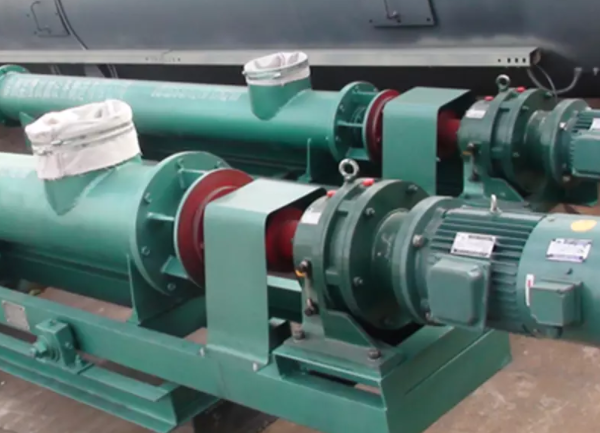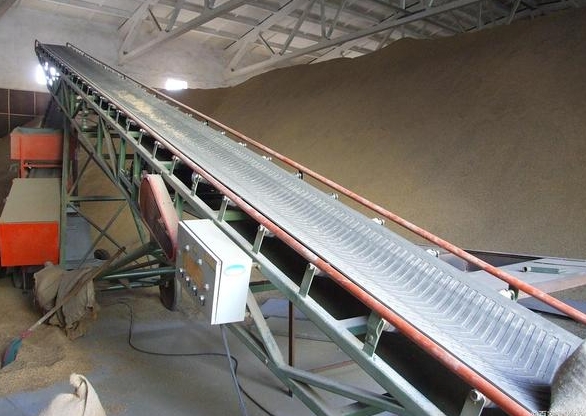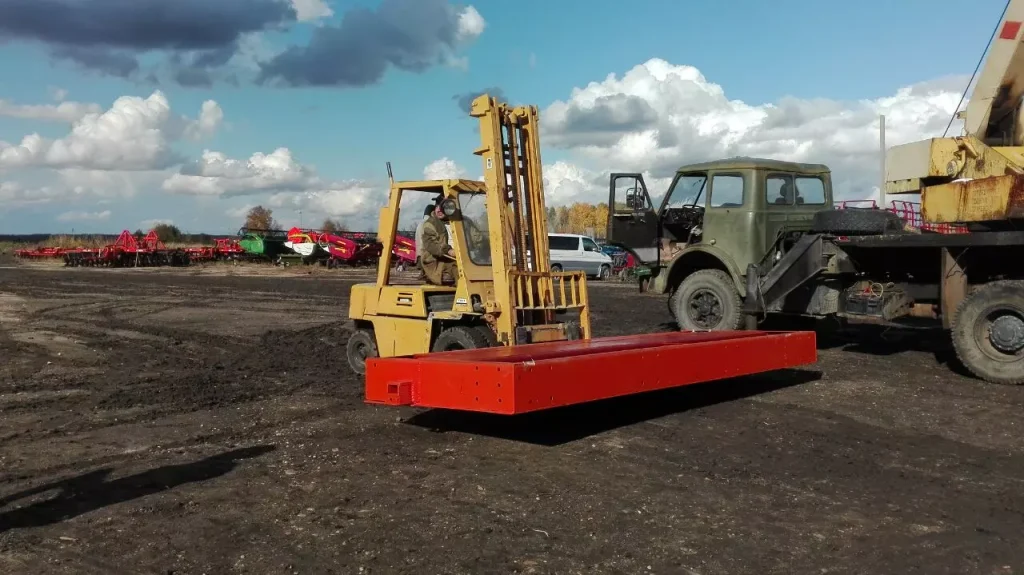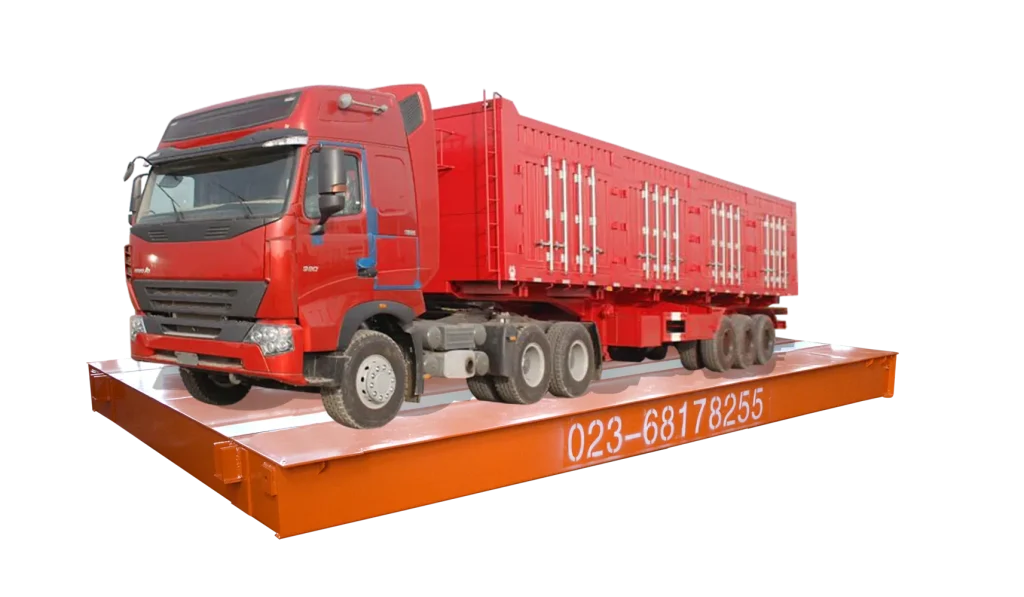Industrial Conveyor Scale Calibration and Maintenance
What is Conveyor Scale?
Conveyor scales, also known as belt scales or conveyor belt scales, are sophisticated devices designed to measure the weight of materials as they move along a conveyor belt. These systems play a crucial role in various industrial operations, providing continuous, real-time weight data that is essential for process control, inventory management, and product quality assurance.
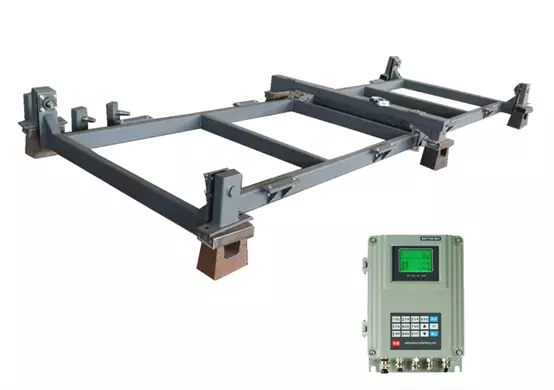
A typical conveyor scale system consists of several key components:
- Weighing Frame: This is the structure that supports the belt and the load cells. It is designed to be robust and durable, capable of withstanding the harsh conditions often found in industrial environments.
- Load Cells: These are the sensors that measure the weight of the material on the belt. Load cells convert the force exerted by the material into an electrical signal that can be read and processed by the system’s electronics.
- Integrators: These electronic devices process the signals from the load cells, calculating the weight of the material passing over the scale. Integrators can also provide additional data, such as the total weight of material moved over a period and the flow rate.
- Conveyor Belt: The belt itself must be compatible with the weighing system. It should be properly tensioned and aligned to ensure accurate measurements. The condition of the belt can significantly impact the performance of the scale.
- Speed Sensor: To accurately determine the weight of the material, it is essential to know the speed at which the conveyor belt is moving. The speed sensor provides this data to the integrator.
Why is Conveyor Scale Calibration Important?
In the fast-paced world of industrial operations, accurate weight measurement is critical for a variety of reasons. Conveyor belt scales (belt scales, conveyor scales) play a central role in this process, ensuring precise measurement of bulk materials as they move along a conveyor system. However, the accuracy of these scales can drift over time due to several factors. This is where conveyor scale calibration becomes important.
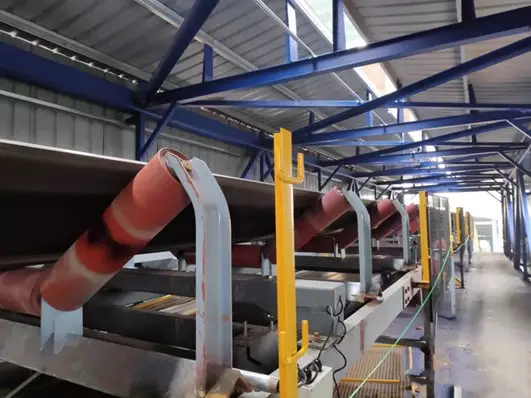
The Impact of Inaccurate Conveyor Scale Readings
Inaccurate conveyor scale readings can have a significant negative impact on your business. Here’s how:
- Material Loss and Product Giveaway: Overestimating weight can lead to unintentional product giveaway, impacting your profitability and potentially causing inventory discrepancies. Conversely, underestimating weight can result in material loss, affecting production processes and costing you money.
- Inefficient Operations: Inaccurate weight data can disrupt production planning and scheduling. You may end up processing less material than needed or exceeding capacity limitations.
- Non-Compliance with Regulations: In some industries, regulations mandate accurate weight measurement for billing purposes, environmental monitoring, or safety compliance. Inaccurate scales can lead to fines and penalties.
- Poor Decision Making: Decisions based on inaccurate weight data can be detrimental. For example, you might allocate resources inefficiently or make adjustments to production processes that are not actually necessary.
How Calibration Ensures Accurate Weight Measurement
Regular calibration helps maintain the accuracy of your conveyor belt scale by:
- Correcting Drift: Over time, wear and tear on the scale components, changes in belt tension, and environmental factors can cause the scale to drift from its original calibration point. Calibration helps identify and correct these errors, ensuring your weight measurements remain reliable.
- Maintaining Traceability: Regular calibration with certified weights establishes a traceable record of the scale’s performance. This documentation can be crucial for audits and demonstrates your commitment to accurate weight measurement.
- Optimizing Performance: Calibration not only corrects errors but also helps identify potential problems with the scale before they become significant issues. This proactive approach can prevent costly downtime and ensure your conveyor belt scale operates at peak performance.
By investing in regular conveyor scale calibration, you can ensure accurate weight measurement, minimize product loss, optimize operations, and maintain compliance with regulations. This ultimately translates to improved efficiency, cost savings, and a more reliable production process.
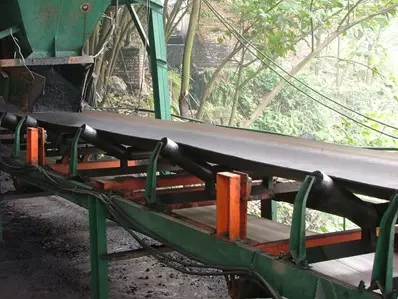
The Conveyor Scale Calibration Process
The calibration of conveyor belt scales is a precise process designed to ensure the accuracy and reliability of weight measurements. Each step is critical to identifying and correcting any potential inaccuracies. Here’s an overview of the conveyor scale calibration process:
- Preparation
Preparation involves a thorough inspection and cleaning of the conveyor belt and scale system:
- Visual Inspection: Check the belt and scale for wear, damage, or misalignment.
- Belt Alignment: Ensure the belt is properly aligned to avoid uneven weight distribution.
- Debris Removal: Clean the belt and surrounding areas to remove any material buildup that could affect accuracy.
- Zero Calibration
Zero calibration establishes a baseline reference point, ensuring the scale reads zero when the conveyor belt is empty:
- Empty Belt Run: Operate the conveyor belt without any load.
- Adjustment: Adjust the scale to read zero, accounting for any residual weight in the system.
- Test Weights
Using known test weights ensures the scale is accurately calibrated:
- Selection of Test Weights: Choose certified weights that cover the expected range of materials.
- Placement of Weights: Place test weights on the conveyor belt in a controlled manner.
- Calibration Adjustments: Adjust the scale to match the readings with the known weights.
- Dynamic Testing
Dynamic testing involves running the conveyor belt with actual materials to verify accuracy under real operating conditions:
- Material Loading: Load the belt with typical materials, simulating real-world conditions.
- Continuous Monitoring: Monitor scale readings and compare them with known weights or output data.
- Fine-Tuning: Adjust the scale as necessary to correct any discrepancies.
- Documentation
Thorough documentation of the calibration process is essential for maintaining a history and ensuring compliance:
- Recording Test Weights and Results: Document test weights, scale readings, and adjustments made.
- Calibration Certificates: Issue certificates detailing the process and results.
- Maintenance Logs: Keep logs of all inspections, cleanings, and component replacements.
By following these steps, businesses can ensure that their conveyor belt scales provide accurate and reliable weight measurements, essential for operational efficiency and regulatory compliance.
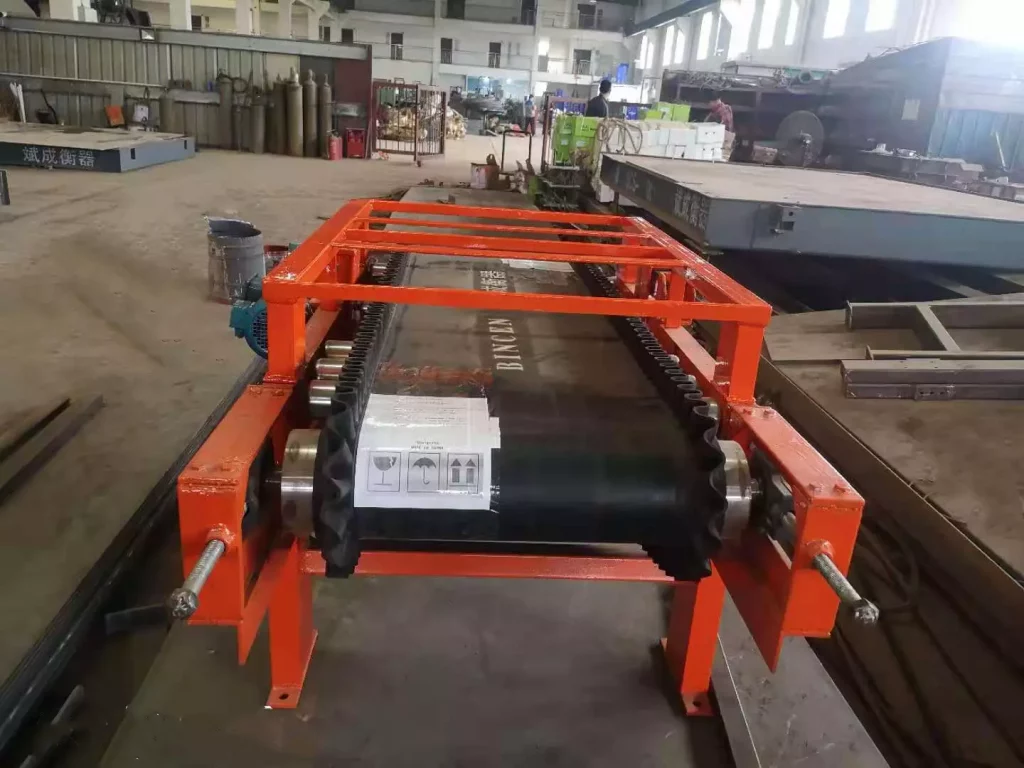
Conveyor Scale Maintenance for Optimal Performance
Just like any other piece of equipment, conveyor belt scales (belt scales, conveyor scales) require regular maintenance to function optimally and deliver accurate weight measurements. Here are some key maintenance practices to ensure your conveyor belt scale performs at its best:
Inspection
- Belt Alignment and Tension: Regularly check the alignment and tension of the conveyor belt. Misalignment can cause uneven loading on the weighbridge, affecting accuracy. Improper tension can lead to belt slippage and inaccurate readings.
- Components: Inspect all conveyor belt scale components for wear and damage. This includes rollers, idlers, weighbridge components, scraper blades, and load cells. Look for signs of wear, corrosion, or loose fasteners that could impact performance.
- Cleanliness: Maintain cleanliness around the weighbridge area and scraper blades. Material buildup can interfere with the weighing mechanism and affect accuracy.
Preventative Maintenance
- Manufacturer’s Recommendations: Refer to the manufacturer’s manual for specific maintenance procedures and recommended service intervals. This may include lubrication schedules for bearings, adjustments for belt tracking, and cleaning protocols for specific components.
- Load Cell Maintenance: Load cells are the heart of the conveyor belt scale, responsible for converting weight into an electrical signal. While they are generally very durable, it’s important to follow the manufacturer’s recommendations for cleaning and protecting them from damage caused by overload or impact.
- Calibration Records: Maintain detailed records of all calibration activities, including the date, test weight values, adjustments made, and the technician performing the calibration. This documentation helps track the performance of the scale over time and identify any trends that might require further investigation.
Additional Maintenance Tips
- Environmental Considerations: Extreme temperatures, dust, moisture, or vibration can impact the accuracy of conveyor belt scales. Implement measures to mitigate these environmental factors, such as proper ventilation, enclosures, or vibration dampeners.
- Training: Train your personnel on proper conveyor belt scale operation and basic maintenance procedures. This empowers them to identify potential issues early on and prevents them from operating a malfunctioning scale.
- Predictive Maintenance: Consider implementing a predictive maintenance program that utilizes data analytics to monitor the performance of your conveyor belt scale. This approach allows for proactive maintenance, identifying potential problems before they lead to breakdowns and ensuring optimal performance.
By incorporating these practices into your routine, you can significantly extend the lifespan of your conveyor belt scale, minimize downtime for repairs, and ensure the accuracy of your weight measurements. Remember, a well-maintained conveyor belt scale is an essential tool for efficient and cost-effective material handling in various industrial applications.
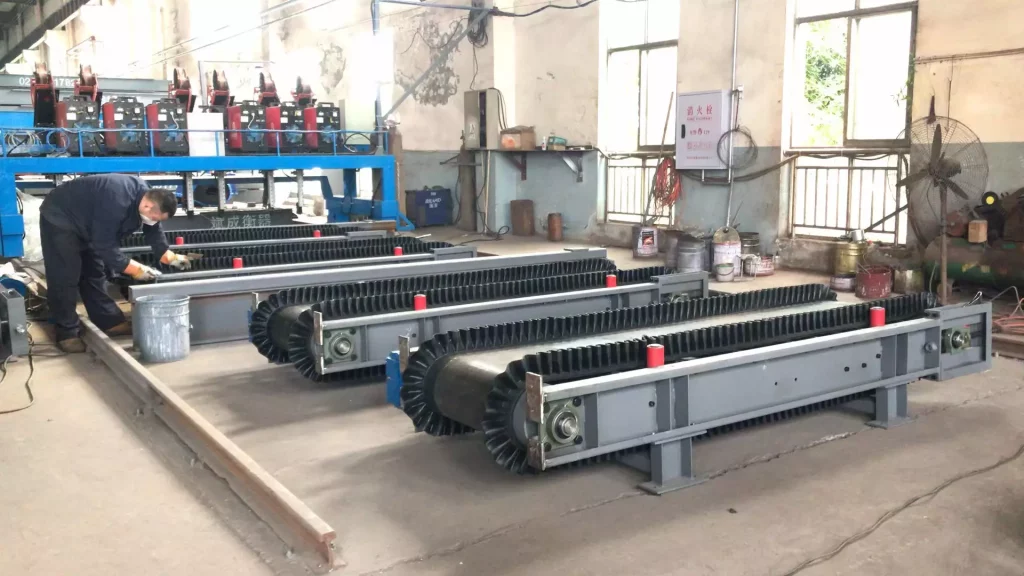
Conclusion
Conveyor scales are vital tools in many industrial operations, providing essential weight data for process optimization, quality control, and regulatory compliance. Regular calibration and maintenance are crucial to ensure their accuracy and reliability. By following a structured calibration process and implementing routine maintenance practices, businesses can maximize the performance of their conveyor belt scales, ensuring efficient and accurate operations.
Bincen manufactures a wide range of high-quality Conveyor scales, if you have any interests please feel free to contact us.

